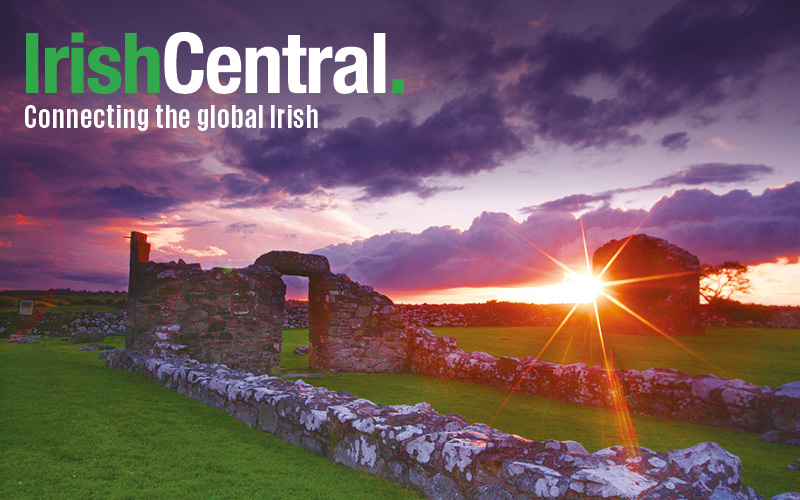The growing problem of teenage mental health and suicide prevention in Irish schools 'is not about going to one person anymore,' Irish Minister of State for Mental Health Kathleen Lynch told the press this week.
According to the Irish Times, Lynch was addressing a joint launch by the Department of Health and the Department of Education of new national mental health guidelines for Irish schools.
The 10-point guidelines will be posted to Irish high schools this week, with the intent of helping school staff to recognize and support at risk pupils, one in ten of whom reportedly experience mental health disorders as children and teenagers.
'Whether it’s the caretaker, the person serving the food, the guidance counsellor, the principal, the teacher or the classroom assistant,' Lynch said, adding that responding to the mental health needs of Irish pupils was 'the business of everyone in the school.'
This new whole-school approach caused some mental health professionals to scoff, however. A spokesperson for the Irish Institute of Guidance Counsellors described the guidelines as 'a code for nobody’s responsibility.' By widening the number of potential non-professional adult intermediaries, the ministers were essentially diluting any potential culpability, they suggested.
Suicidal behavior among young Irish people has become 'a major public health concern,' Irish Minister for Education Ruairi Quinn, told the press, and the Department’s new guidelines are about 'trying to do more with less.'
Reporters countered that existing school guidance counsellors, who are already professionally trained to assist at risk pupils, could do this job if the government properly resourced them, Quinn, who is a former teacher, said that while guidance counsellors provide advice in relation to career options, 'they are not necessarily the first person in the school community to notice a change in the pupil.'
Quinn added that while guidance counsellors remained central to the provision of support and counseling, 'we see a role for the maths teacher, the English teacher, the PE teacher if some young person’s behavior starts to change dramatically.'
Quinn defended the government’s cuts to guidance counseling services, insisting that a whole-school approach could result in early intervention, preventing the kind of tragedies seen in Ireland over recent months.
'If somebody trusts a teacher and something has happened, and I know this myself from having taught in third level, they will go to the person with whom they feel most comfortable,' Quinn said. 'It could be the cleaner, it could be the maintenance man, or it could be the physical education or sports teacher.'
But the Institute of Guidance Counsellors accused the ministers of introducing the guidelines in the hope of covering up the removal of qualified counsellors from Irish schools.
According to BreakingNews.ie, the institute said the vigilance of all school staff should be welcomed, however a guidance counsellor with therapeutic and counseling training was much better equipped to support a child with suicidal thoughts.
'The guidance counsellor is qualified and certified whereas the classroom teacher is overworked and not an expert in counseling or therapeutic intervention.'
Meanwhile Quinn insisted the new guidelines would be more effective than employing a single guidance counsellor.
'It's the role of parents, it's the role of the health service, and a whole host of others,' he said. 'Guidance counsellors provide guidance in relation to career options and career choices. But they might not necessarily be the first person in the school community to notice a change in the behavior of a pupil that would warrant further scrutiny.'
Quinn announced major cuts to guidance counsel services in the Irish budget of 2012. According to the Institute of Guidance Counsellors, one-to-one work with students has been cut back by 51% since the cuts were imposed.
Earlier this week, Quinn launched a new action plan for schools to tackle bullying in Irish schools. He added that it was time to take action - particularly following the tragic suicides of school girls Erin Gallagher and Ciara Pugsley late last year.




Comments